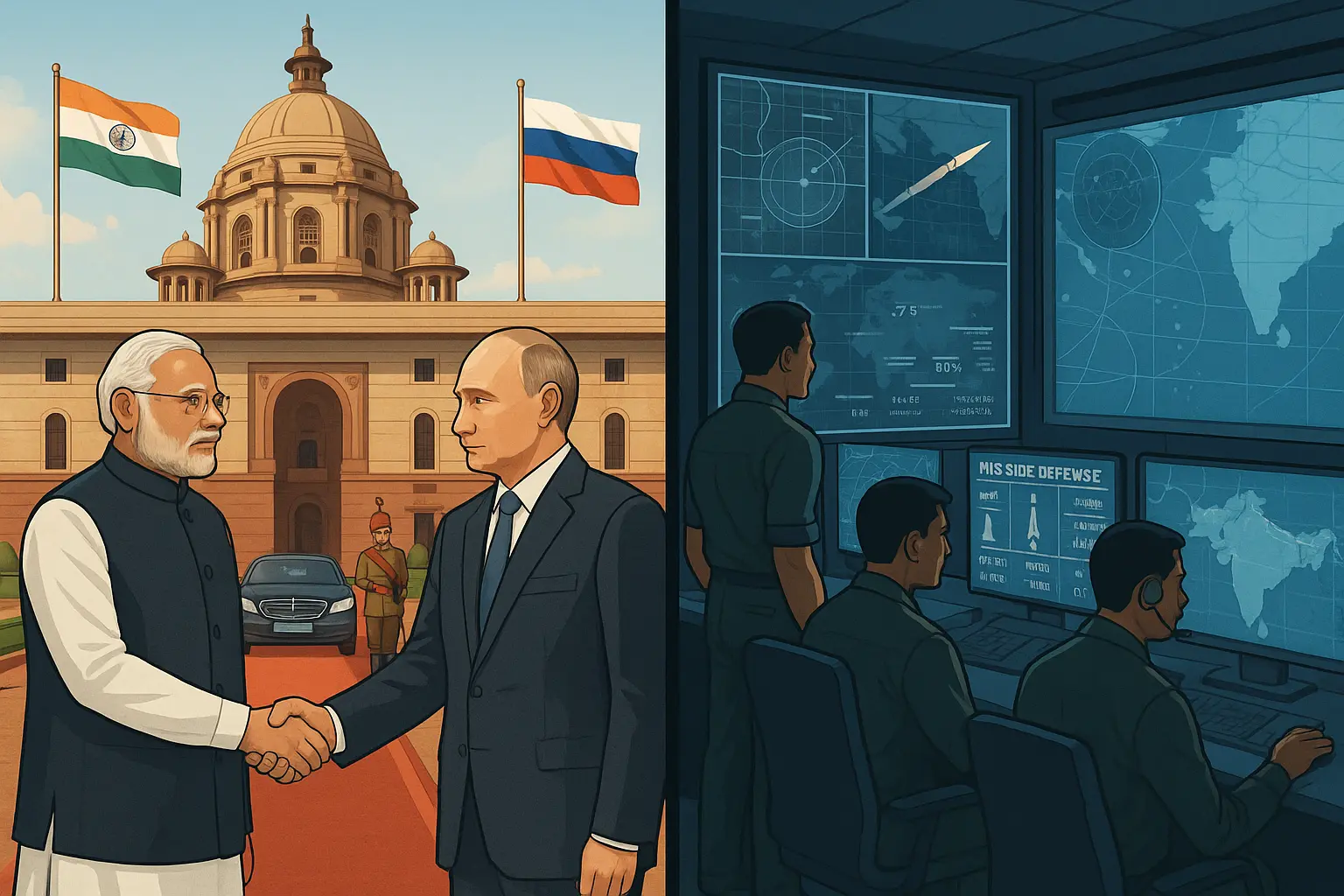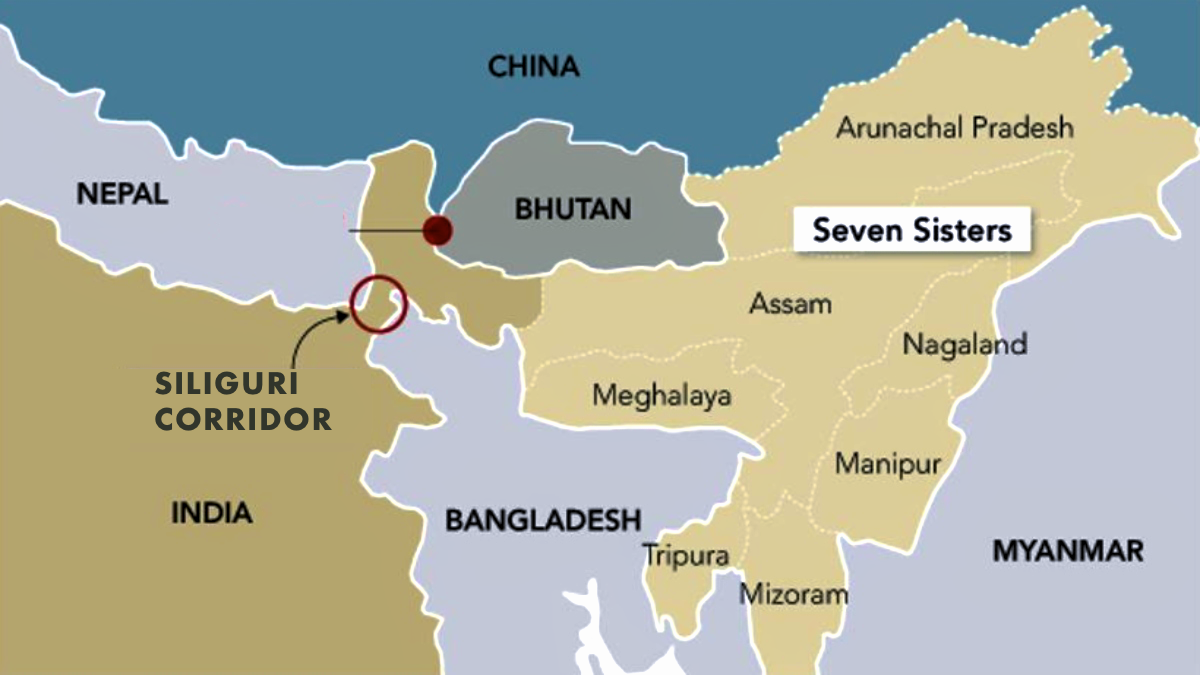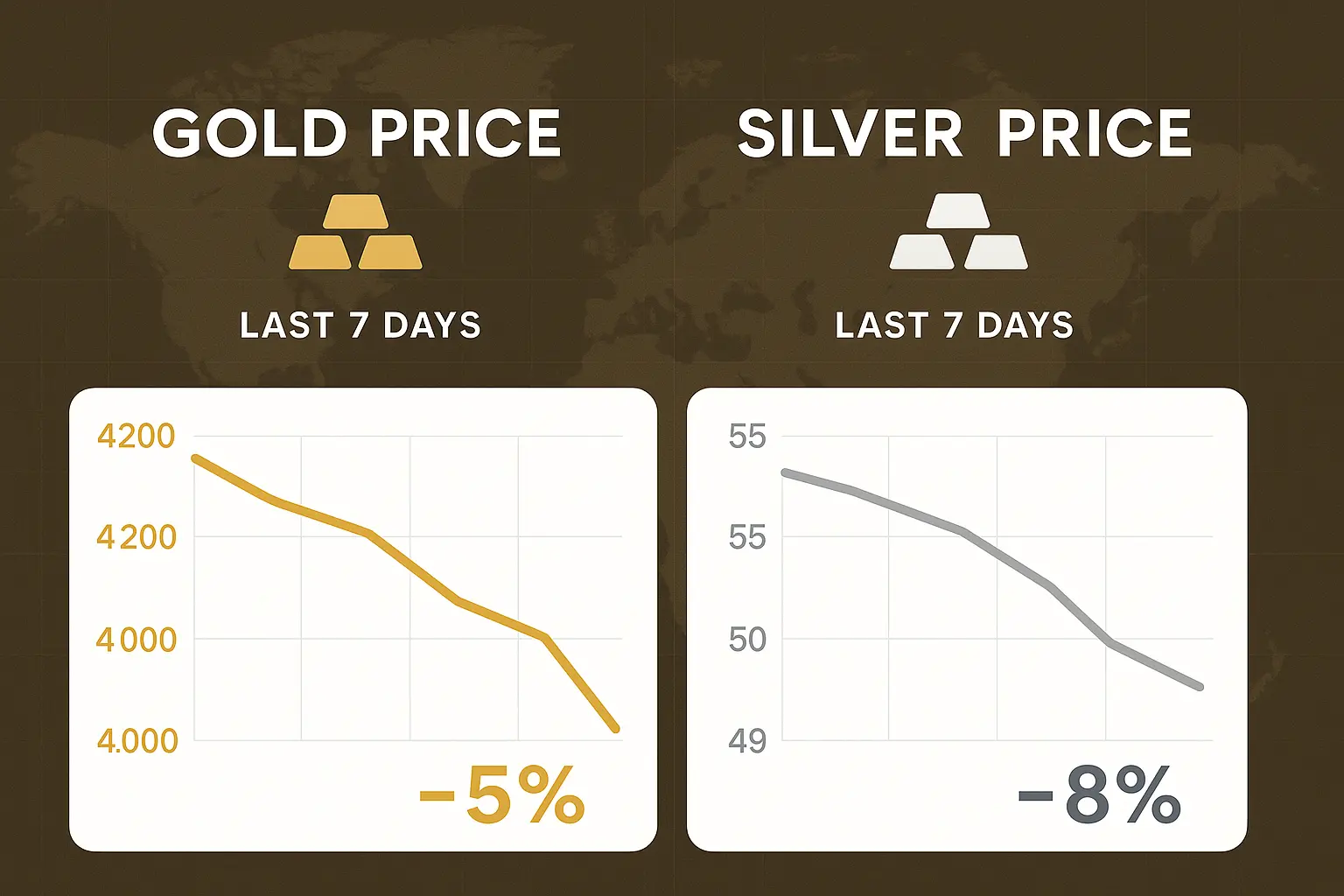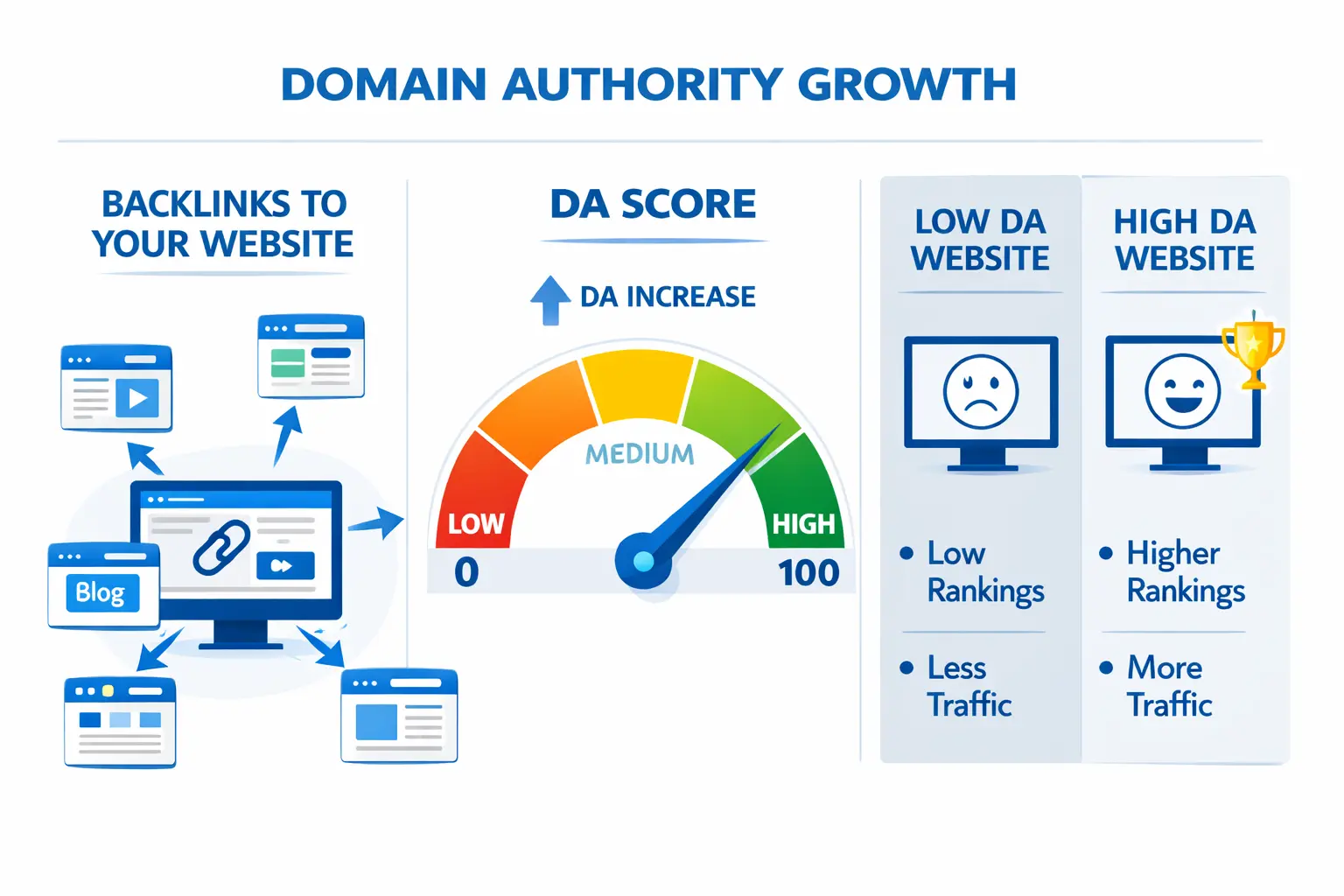Chabahar Port Faces Risk After Sanctions Waiver Revoked by US
India has long viewed the Chabahar Port in Iran as more than a port — as a strategic gateway to Afghanistan and Central Asia, bypassing Pakistan. The U.S. waiver granted in 2018 allowed India to operate there without fear of sanctions. That waiver is now being revoked, effective September 29, 2025. This move changes the playing field: some see it as a blow to India’s regional influence, while others believe India has paths to adapt. Let’s examine the seriousness of this issue, what supporters claim, what critics fear, and what India can do.
What Happened & Why It Matters
- The U.S. State Department has announced that it will revoke the sanctions waiver it had granted for Chabahar Port operations under the 2018 Iran Freedom and Counter-Proliferation Act (IFCA).
- The revocation is effective 29 September 2025. After that, individuals or companies involved with Chabahar operations may face U.S. sanctions.
- India has publicly responded via the Ministry of External Affairs, saying it is “examining the implications” of this decision.
Why it matters:
- Chabahar gives India access to landlocked Afghanistan and markets in Central Asia without having to go through Pakistan. It is also part of the International North-South Transport Corridor (INSTC), which links the Indian Ocean to Europe via Iran.
- The waiver had enabled Indian investments and operations at Shahid Beheshti Terminal, infrastructure development, and trade facilitation.
Supporters’ View: India’s Strategic Case
Supporters of India’s response argue:
- Long-Term Investment Has Value
India has invested decades and money into Chabahar. Revoking the waiver complicates matters, but the infrastructure and agreements are already in place — they may continue with adjustments.
- Sovereignty & Diversification
Chabahar is crucial to reducing dependence on less stable or more difficult transit routes (through Pakistan). Even with sanctions, India may find ways to keep operations going via non-U.S. entities, non-dollar currencies, or through diplomatic negotiation.
- Diplomatic Leverage
India can appeal to the U.S. for exceptions based on humanitarian, trade, and connectivity arguments, especially since Chabahar was permitted earlier and is seen by many as supporting regional stability.
- Economic Opportunity Elsewhere
Using Chabahar strengthens ties with Iran, Afghanistan, and the Central Asian states. These relationships could bring long-term trade, energy cooperation, and geopolitical influence.
Critics’ Concerns: Risks & Challenges
Critics warn that the revocation could create serious headwinds:
- Sanctions & Legal Risk
Companies, banks, and insurers that support Chabahar projects may hesitate. Fear of U.S. secondary sanctions (for non-U.S. entities) could make financing, insurance, and trade expensive or unavailable.
- Delay & Cost Overruns
Projects like terminal expansion, rail linkage with Zahedan, and infrastructure around the port may get delayed or need to be restructured. Costs could shoot up due to risk premiums.
- Regional Rivalry Gains
Pakistan’s Gwadar Port (backed by China) stands to benefit if Chabahar’s growth is stunted. Also, limited access to Central Asia may reduce India’s bargaining power in regional supply chains.
- Diplomatic Tightrope
India will need to balance relations with the U.S., Iran, and other Gulf or Western partners. Missteps could lead to diplomatic friction or loss of trust from partners.
What India Can Do Next
Given the revocation, India has several options to adapt strategically:
- Legal and Financial Restructuring: Use non-U.S. banks, non-dollar trade, local or regional financial sources; set up indemnities or risk-sharing mechanisms to attract contractors and insurers despite sanction risk.
- Diplomatic Push: Engage with the U.S. to seek carve-outs or limited exceptions, especially since the waiver had existed before; highlight humanitarian, trade, and development stakes with Afghanistan and Central Asia.
- Accelerate Alternatives: Explore alternative routes and ports (rail, sea) via Iran or Central Asia; deepen agreements with Uzbekistan, Turkmenistan, etc., for regional connectivity.
- Leverage Multilateral Support: Work through trade blocs or forums to ensure partners and supply chains remain resilient; possibly get backing from countries also affected by U.S. sanctions policies to create collective diplomatic pressure.
- Transparent Communication: Convey clearly to domestic stakeholders, companies, and foreign investors what changes are expected, what risks will be tolerated, and what safeguards are being explored.
Conclusion
The revocation of the U.S. sanctions waiver for India’s involvement in Chabahar marks a significant inflexion point. It threatens to raise costs, slow infrastructure and trade links, and shift regional dynamics. But it is not necessarily a fatal blow. By combining diplomatic engagement, financial innovation, and strategic alternatives, India has a chance to preserve much of the value it has built. The coming weeks will be key — watching how India responds and how other stakeholders react.
Disclaimer: This article is based on publicly available reports and independent analysis. Readers are encouraged to consult multiple sources for a complete picture. Source -The Indian Express, Hindustan Times









No comments yet. Be the first to comment!